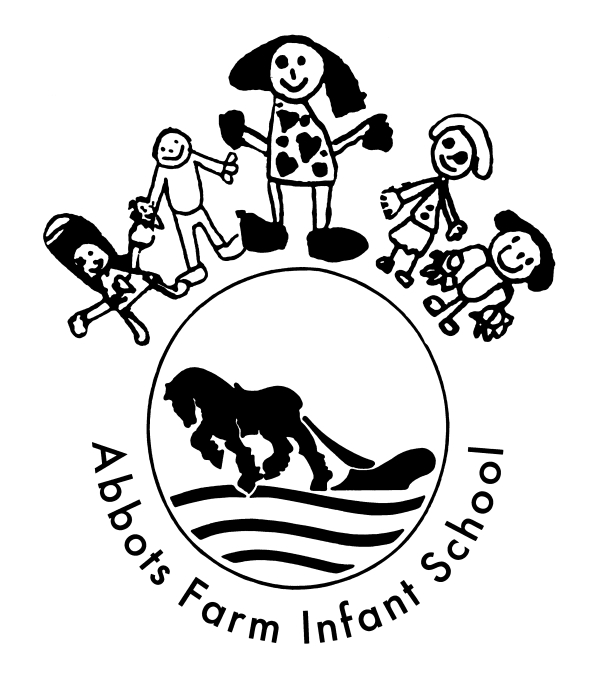Physical Education (PE)
Curriculum
Our school aims to inspire all children to develop a love of physical activity and sport. Through good physical education, whole school values and a whole child approach, we aim to nurture confident, resilient children who will strive for their personal best. It is our intention that by encouraging children to be physically active, they will subsequently be ready for learning across a variety of subjects and have the motor skills needed to manipulate resources and equipment successfully.
The aims of our Physical Education curriculum are to develop children who have:
- The ability to acquire new knowledge and skills exceptionally well and develop an in-depth understanding of PE.
- The willingness to practise skills in a wide range of different activities and situations, alone, in small groups and in teams, and to apply these skills in chosen activities to achieve high levels of performance.
- High levels of physical fitness.
- A healthy lifestyle, achieved by eating sensibly and exercising regularly.
- The ability to remain physically active for sustained periods of time and an understanding of the importance of this in promoting long-term health and well-being.
- Exceptional levels of originality, imagination and creativity in their techniques, tactics and choreography, knowledge of how to improve their own and others’ performance, and the ability to work independently for extended periods of time without the need of guidance or support.
- A keen interest in PE. A willingness to participate eagerly in every lesson, highly-positive attitudes and the ability to make informed choices about engaging fully in extra-curricular sport.
Teaching
At Abbots Farm Infant School, we aim to provide children with an enriching, diverse and creative curriculum that balances all areas of Physical Education.
Across school, from pre-school to Year 2, we follow the GetSet4PE scheme of work which covers all the requirements of Physical Education, in the EYFS framework and national curriculum, through a series of progressive and sequenced units. The GetSet4PE scheme of work is split into year groups. Each unit has been sequenced to build on skills either lesson by lesson or by difficulty. Within each lesson plan, the learning is sequenced so that children can explore and develop a skill and then apply it to a game, sequence or choreography. Children have two discrete PE lessons each week, one of which is led by a sports coach alongside a member of staff. Children also have the opportunity to practise and apply taught skills through the use of an outdoor area in each year group.
The units covered across school, throughout the year, are:
|
Pre-school |
Introduction to PE; Fundamentals; Dance; Gymnastics; Games; Ball skills |
|
Reception |
Introduction to PE; Fundamentals; Dance; Gymnastics; Games; Ball skills |
|
Year 1 |
Fundamentals; Ball skills; Dance; Fitness; Sending and receiving; Gymnastics; Yoga; Target games; Net and Wall games; Team building; Invasion games; Striking and fielding; Athletics |
|
Year 2 |
Fundamentals; Ball skills; Dance; Fitness; Sending and receiving; Gymnastics; Yoga; Target games; Net and Wall games; Team building; Invasion games; Striking and fielding; Athletics |
Achievement
Our Physical Education curriculum is sequential and progressive. It builds on and embeds key skills. We focus on progression of knowledge, skills and vocabulary which also form part of the units of work.
If children are keeping up with the curriculum, they are deemed to be making good or better progress. We measure the impact of our curriculum through the following methods:
- Discussions with children about their learning (pupil voice).
- Coaching with teacher focusing on outcomes and evidence of children’s learning.
- Coaching with teachers in lessons to continuously improve our teaching of the PE curriculum.
- All coaching provides opportunities for professional dialogue between teachers and PE lead which is reflective.
- Progress is measured through regular teacher assessments. These take place at the end of each unit of work taught and judgements are made against the planned objectives. This allows for data analysis to identify any gaps of knowledge or skills. This can then be identified for teachers’ future planning.
- In 2024/25 in Reception 92% of the children achieved the physical development Early Learning Goals.
